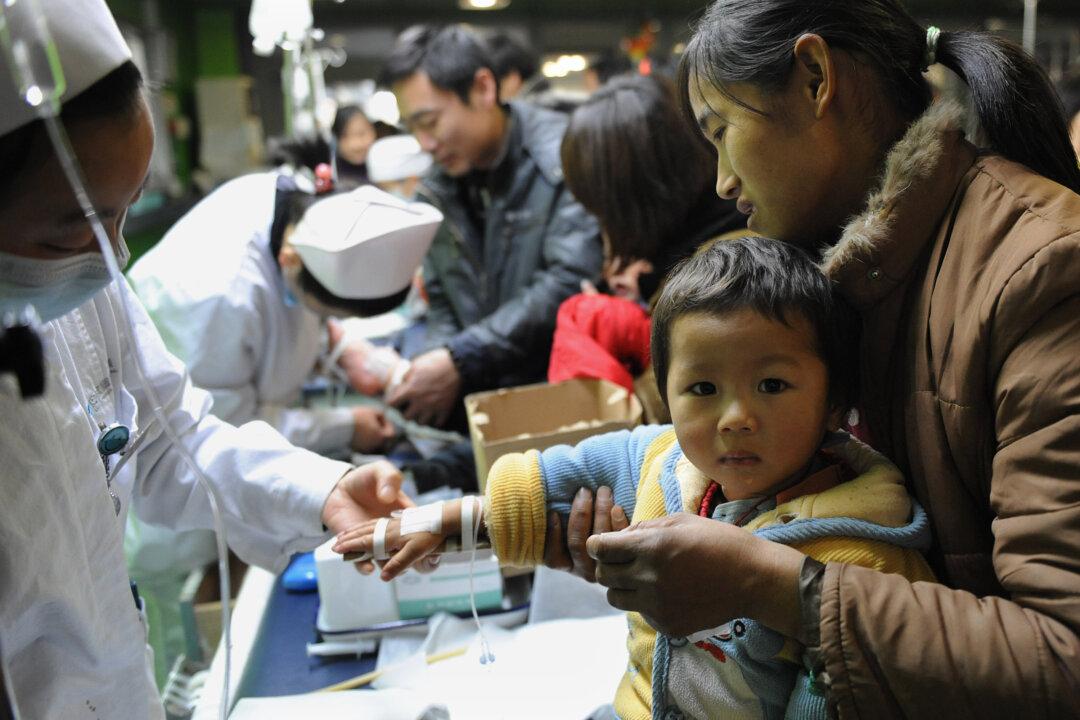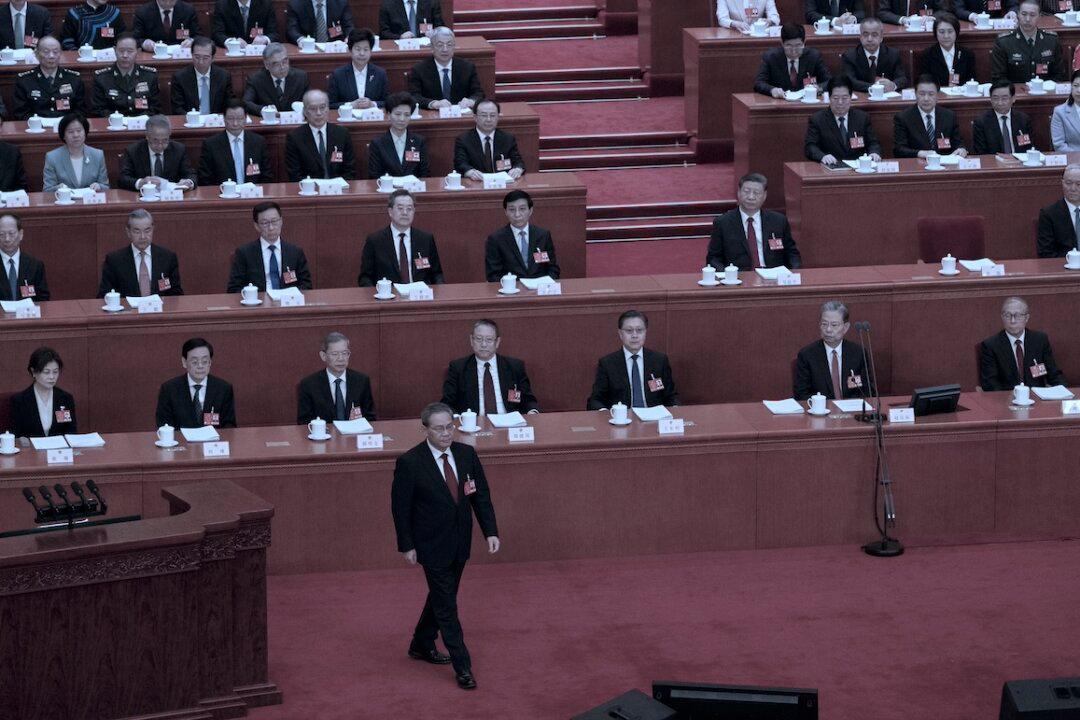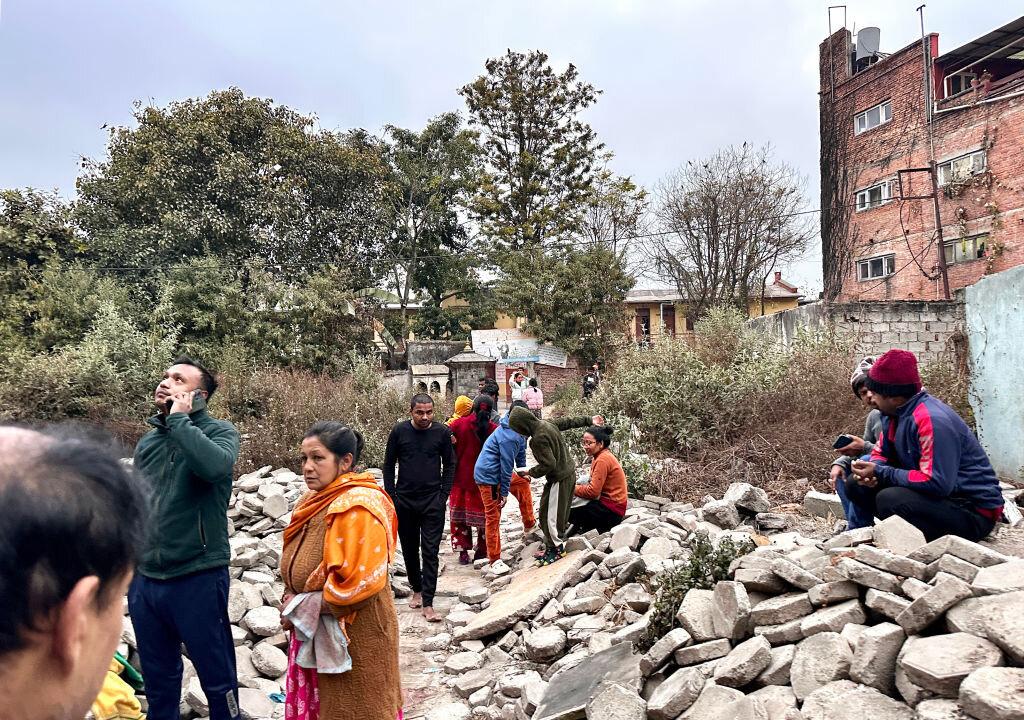In recent months, hospitals across China have been overwhelmed with children suffering from severe respiratory infections that are reportedly difficult to treat. Initially labeled as “mycoplasma pneumonia,” local authorities recently said the disease is caused by a combination of viruses and bacteria.
Since early November, several provincial and municipal health departments have issued warnings about “mixed infections” of respiratory diseases. These include the adenovirus and other pathogens that cause mycoplasma pneumonia, influenza, COVID-19, and common bacterial diseases.





